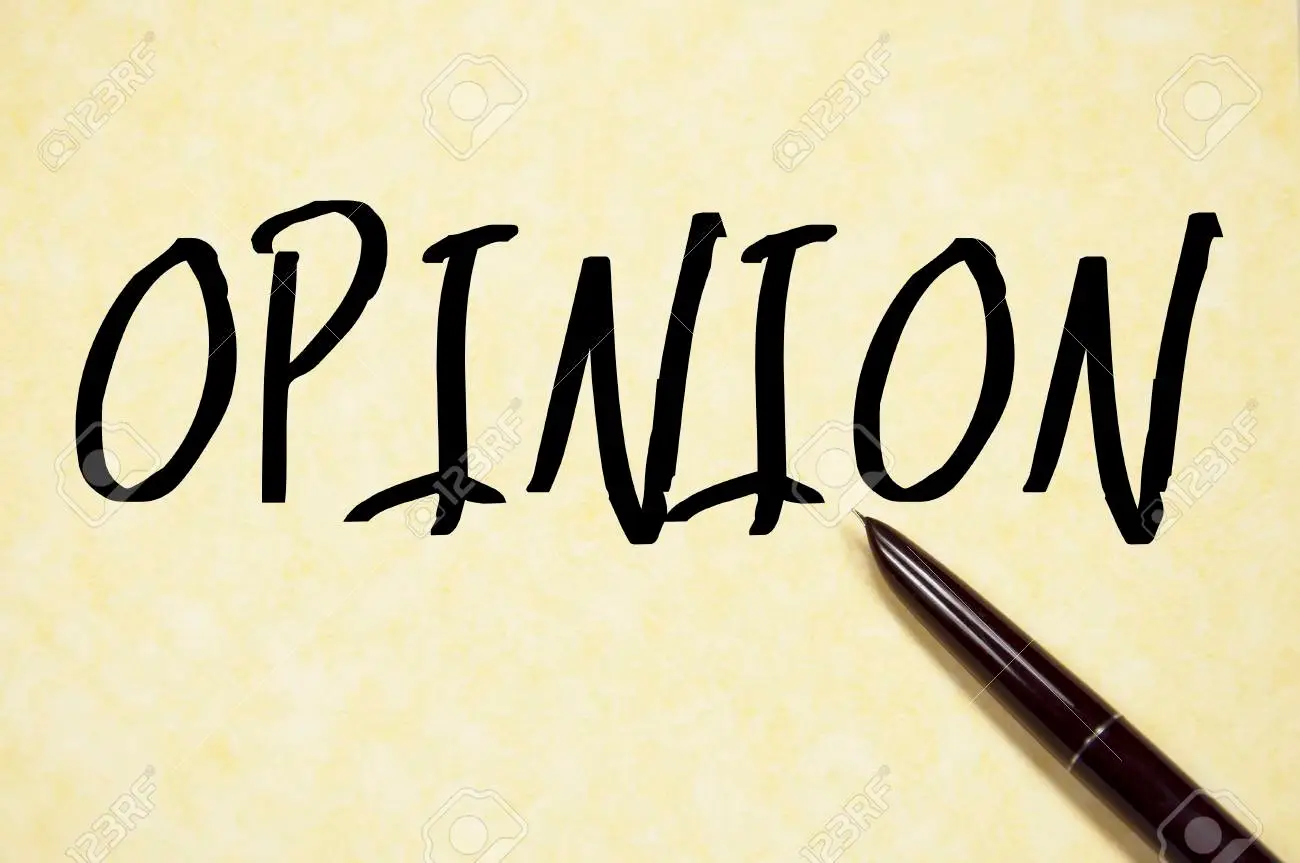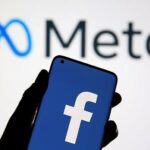Reminiscent of the Labour Party sweep of parliamentary seats in Britain in the immediate aftermath of World War II, George Herbert Walker Bush was trounced by William Jefferson Clinton in 1992.
Like the Conservative party, then led by the highly charismatic Winston Churchill, George H.W. Bush, flush with victory the previous year, 1991, in the Gulf War, enjoyed a ninety percent approval by Americans. By 1992, however, America was buffeted by recession. George H.W. Bush’s approval took a nose dive: Sixty four percent of Americans disapproved of his job performance.
Bill Clinton’s turbo-charged campaign took advantage of the then prevailing recession to defeat George H.W. Bush. Clinton’s battle cry in that campaign was a phrase invented by political strategist and consultant, James Carville. “It’s the economy, stupid!” was the catch phrase invented by Mr. Carville. It resonated with Americans and the Clinton campaign deployed it with devastating effect to undo the Bush campaign.
The now famous catchphrase, “It’s the economy, stupid!”, was borne out of a memo authored by Mr Carville to Clinton’s campaign workers. It was reportedly meant to remind them of three messages to focus on. The two others were: ”Change as more of same”; and “Don’t forget health care.” However, it is “It’s the economy, stupid!” that caught on and captured the imagination of American voters. The phrase aptly captured the then prevailing recession in the U.S. and became the slogan of the Clinton campaign.
Nigeria in perilous times – CJN
Nigeria’s quality assessors very low – NBTE
Additionally, the phrase has since become what the pundits call a “snow clone”. Arising from it, other catchy phrases have arisen and mushroomed into place such as: ”It’s the voters, stupid!”; “It’s the corporation, stupid!” etc.
In my humble reckoning the economy, and the grim statistics that suffuse it, are going to frame and govern the course of the 2023 General Elections. My submission is predicated on the following considerations:
First, we run an economy that is largely mono cultural. Our dependency on oil revenues means we are liable to the vagaries of the international oil market and its cycles of boom and burst. As if that were not bad enough, Nigeria remains the only OPEC member that imports refined petrol. And whereas ARAMCO, the Saudi-owned oil corporation made a whopping $48 billion between April and June and another $42 billion in the last quarter of this year, arising from the windfall of the Russia-Ukraine war, our NNPC is yet to declare any windfall.
Second, by virtue of its debt profile, Nigeria is technically insolvent. To put it in popular parlance, it is BROKE! Consider: after it exited the debt trap under the watch of President Olusegun Obasanjo, whose administration secured us debt forgiveness, the country soon went on a borrowing binge. As at June this year, the total public debt stock, according to the Debt Management Office (DMO), representing domestic and external debt stocks of the Federal Government, the 36 states and the FCT, amounted to N42.84 Trillion (equivalent to $103.31billion).
It is telling that the federal government has been unable to secure any foreign loan in the second quarter of 2022. It is even more telling that our debt to GDP ratio put at 37 percent by the IMF, is unsustainable because ours is not a productive economy such as the United States.
Compounding our debt profile is that our budget deficits are being financed through unrelenting borrowing, hence the aforementioned bloated debt profile. Expenditure has, for several years, outstripped revenue earnings. We continue to live above our means and our league. We continue to finance dubious subsidies and we run a rentier economy in which a few make billlions of Naira by selling foreign exchange.
Worse, like the proverbial prodigal son, our foreign reserves have declined precipitously from $40.50 billion last year to $38.3 billion in September this year. Apart from the fact that these are less than the reserves of Harvard University, currently put at $40 billion, foreign reserves are financial assets of central banks and monetary authorities. They are used to back liabilities and direct monetary policy.
Third, another major challenge is that of youth unemployment.The African Development Bank (AfDB) puts the rate of unemployed Nigerian youths at forty per cent while the National Bureau of Statistics (NBS) puts the unemployment rate at 42.5 per cent, representing not less than 21.72 million youths. Nigeria has a largely youthful population. Ordinarily, this “youthful bulge” should deliver us demographic dividends if well harnessed. Alas, instead of a boon, it is proving to be an acute bane, with many involved in crimes and banditry.
Fourth, one of the challenges confronting the country is poverty. As at two weeks ago, the NBS reported that over 133 million Nigerians, representing 63 percent of our population are living in poverty. The country has seen poverty increase exponentially by 14.7 percent in the past four years alone. According to the World Bank, in its 2022 “Poverty and Prosperity Report”, Nigeria contributed three million people to global extreme poverty, while the country is ‘home to a large share of global extreme poor’”.
Fifth, even more dreadful is the state of power or electricity. Nigeria’s twenty three (23) power generating plants connected to the national grid, are said to have capacity to generate a paltry 11,164.4 megawatts of electricity. With such a dismal output, certainly the economy cannot grow. Little wonder, not a few manufacturing firms have relocated or have shut down.
Sixth, is the near collapse of infrastructure. Most of our roads are in a state of disrepair. Even though efforts are being made to fix a few, these are not impactful. Put together with heightened insecurity, the economy must constitute the single most formidable albatross. Yet the economy is crucial in engendering prosperity and growth and in supporting the democracy project itself. The democracy project can only thrive and be sustained if it is adequately financed and if dividends such as infrastructure, schools, hospitals and electricity are provided. Salaries have to be paid. Capital projects have to be embarked upon. Our youths have to be meaningfully engaged.
Our grim situation is deeply concerning and calls for commiseration for those seeking the presidency. This is why it is contingent on Nigerians to vote for a candidate who has the requisite acumen, gravitas and intellect. This is not the moment for glib, garden variety and cheap politicians who will promise to build bridges even where there are no rivers. “It’s the economy, stupid!” But we shall overcome only if we make the right choice.
Nick Dazang is a former Director at the Independent National Electoral Commission (INEC)

 Join Daily Trust WhatsApp Community For Quick Access To News and Happenings Around You.
Join Daily Trust WhatsApp Community For Quick Access To News and Happenings Around You.


